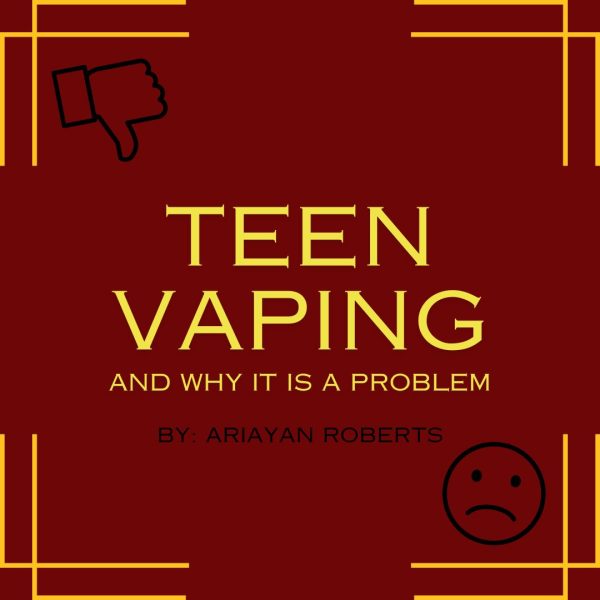The War on Women’s Bodies
The Facts of Roe V. Wade
June 13, 2022
In 1973, the Supreme Court ruled in a 7-2 decision that the Fourteenth Amendment of the United States Constitution allows the “right to privacy” which includes a woman’s right to safe and legal abortions.
Jane Roe, also known by her real name Norma McCorvey, wanted an abortion, but due to the strict laws against abortion in Texas McCorvey was denied the procedure. This led to her attorneys filing a lawsuit against Henry Wade, the local district attorney, claiming that these laws were unconstitutional.
According to the Guttmacher Institute, a research firm that tracks abortion policy, “the procedure was made illegal under most circumstances in most states beginning in the mid-1800s.”
Roe v. Wade legalized abortions, but it also prevented illegal and unsafe procedures. According to Planned Parenthood, “before this health care [abortion] was legal and safe, illegal abortions caused at least 1 in 6 pregnancy-related deaths.”
“The number of deaths from abortion has declined dramatically since Roe v. Wade,” according to the Guttmacher Institute.
Now, almost 50 years later, a draft majority opinion was leaked and Chief Justice John Roberts confirmed the authenticity of the document. The opinion claims that the Supreme Court is moving to overturn not just Roe v. Wade but Planned Parenthood v. Casey. Planned Parenthood v. Casey upheld Roe v. Wade.
“Sometimes it might not be appropriate for the public to know certain information at a specific time but at the same time, secrets are a breeding ground for malicious activity,” said senior Nahom Gaines. “In the past, a lot of bad things have been kept secret by the government and the only way to hold them responsible was documents being leaked.”
According to TIME Magazine, If these two cases are overturned, roughly 26 states will move to immediately ban abortions. Thirteen states have what are called “trigger laws,” which means if Roe v. Wade is overturned their state abortion bans will go into effect immediately. Other states have enacted protections for abortion rights on the state level that will allow the procedures to continue.
Only time will tell how this issue will ultimately play out on the federal and state levels, but the signs are pointing to increased restrictions. To learn more about Roe v Wade check out this article from the Legal Information Institute at Cornell.











